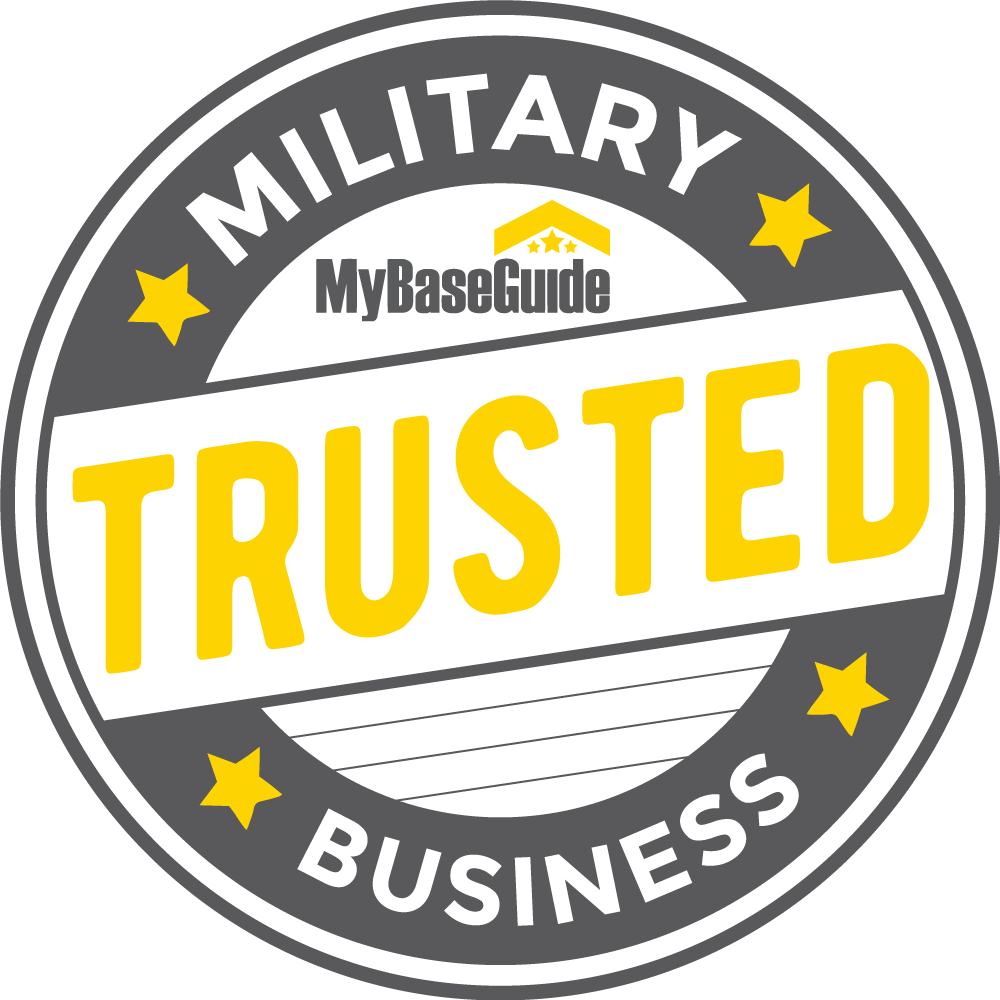
Are you wondering about the next step after learning you have treatment-resistant depression? People seeking non-pharmacological options for depression may be interested to hear about the findings of a newly published study that compared results from switching antidepressants or adding aripiprazole to undergoing TMS (transcranial magnetic stimulation) treatments.
According to the study’s findings, augmentation with rTMS was more effective than switching antidepressants or augmentation with aripiprazole when measuring changes based on Montgomery–Åsberg Depression Rating Scale (MADRS) scores.
TMS first gained approval as a depression treatment from the Food and Drug Administration (FDA) in 2008. Transcranial magnetic stimulation OCD treatments, headache treatments, and smoking-cessation treatments also have FDA approval. Many healthcare clinics also offer TMS for treating PTSD and autism symptoms. An rTMS treatment utilizes the core principles of TMS using a more accelerated protocol.
Treatment-resistant depression is characterized by insufficient symptom improvement following treatment with two or more antidepressant therapies. It’s estimated that treatment-resistant depression affects about 30% of the 21 million adults in the United States with major depressive disorder.
Major depression is one of the most common mental health disorders in the United States. A major depressive episode is defined as being a period of at least two weeks where a person experiences depressed mood and loss of interest or pleasure in daily activities. Symptoms can include:
- Sleep issues.
- Appetite changes.
- Lack of energy.
- Slowing of physical and mental activity.
- Difficulty concentrating.
- Feelings of low self-worth.
- Persistent guilt.
- Hopelessness about the future.
- Angry outbursts.
- Irritability and frustration.
For many people suffering with major depression, it can be difficult to carry out life’s major responsibilities and activities. Depressive symptoms can cause severe problems with school, work, or personal relationships. Conventionally, treatments for treatment-resistant depression include increasing medication dosage, adding another medication, switching to a different medication, or taking a wait-and-see approach to give a current medication more time.
How the Clinical Trial Was Performed
This randomized trial was conducted as an eight-week, multiple-site study involving 278 participants. The group was broken down between 196 females and 82 males. The median age of the participants was 45.6 years old.
All participants had been diagnosed with treatment-resistant depression. The three interventions of switching antidepressants to venlafaxine/duloxetine, augmenting with aripiprazole, and rTMS were introduced. Here’s what researchers found:
- All three interventions produced reductions in the severity of participant depression symptoms.
- Overall, augmentation with rTMS was proven more effective than switching antidepressants or augmentation with aripiprazole(Abilify).
- Higher rates of response were reported with rTMS (52.2%) when compared to aripiprazole (25.3%) or switching to venlafaxine/duloxetine (24.9%).
Venlafaxine and duloxetine are serotonin and norepinephrine reuptake inhibitors (SNRIs) that are sold under the brand names of Effexor and Cymbalta. Both are commonly prescribed to treat depression and other mental health disorders.
Aripiprazole is part of a class of drugs known as atypical antipsychotics. It is sold under the brand names of Abilify and Aristada. While it is commonly used to treat bipolar, schizophrenia, and Tourette’s syndrome, aripiprazole can also be prescribed in combination with other medications to treat depression.
Understanding TMS
Many people may be looking into TMS for the first time after hearing about the March 2024 study that showed this noninvasive treatment to be more effective compared to medication alternatives,
What is TMS?
TMS is a treatment that has been used successfully by clinics and healthcare providers for many years. TMS first gained FDA approval for the treatment of depression nearly two decades ago.
TMS is a treatment technique that uses a magnetic field to try to influence brain activity in regions of the brain that may be suppressed. Commonly used to treat depression and headaches, TMS has been shown to be beneficial when treating a variety of brain-related conditions.
TMS is attractive to people who would like to pursue non-pharmacological treatments for depression because this is a non-invasive treatment that generally does not produce side effects.
There is no need to be sedated or numbed prior to treatment because TMS is not painful. However, some patients may experience tingling or minor headaches that resolve on their own following treatment. Each quick in-office treatment requires zero recovery time or downtime.
What Happens in a TMS Session?
During a typical rTMS for depression session, a practitioner places an electromagnetic coil against the scalp. When activated, the coil delivers magnetic pulses that stimulate nerve cells in regions of the brain involved with mood and depression. Researchers believe that these pulses can activate regions of the brain that experience decreased activity during depressive episodes.
When gaining an understanding of TMS, it’s important to remember that the brain is alive with electrical activity. Each cell and nerve in the brain uses small amounts of electricity when sending messages and signals throughout the brain and body.
When a magnetic coil is placed close to the brain, this has an impact on the way neurons behave. This is precisely why TMS practitioners spend time creating custom plans that target specific regions of the brain that are indicated in each client’s depressive symptoms. You can think of TMS as trying to “wake up” areas of the brain that are related to emotions, pleasure, and decision-making abilities.
Can I Take Medication While Receiving TMS Treatments?
Someone with treatment-resistant depression who is learning about TMS for the first time may be curious to know if they need to choose between TMS and medications.
While studies show that TMS is more effective compared to medication-based interventions, there is no need to choose between TMS and any antidepressant medications that are part of your current treatment protocol. As a non-pharmacological option, TMS can be used as either a standalone medication or part of a broader treatment plan that includes prescription medications.
How Do I Find a TMS Therapist Near Me?
The task of finding TMS treatment near me isn’t always easy because not all mental health professionals are trained and certified to be able to provide TMS treatments. The TMZ Institute of Arizona is one of the nation’s leading TMS clinics. Contact us today to learn more!













